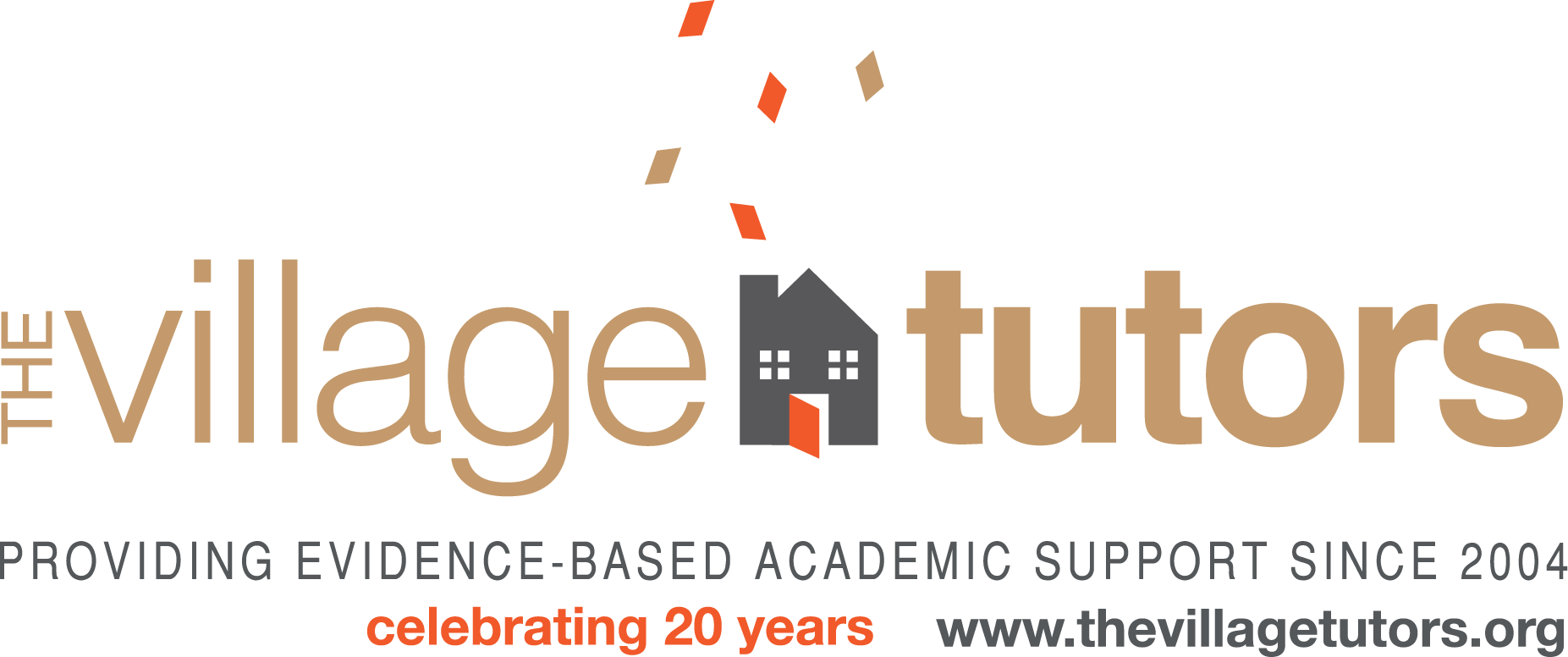|
When you’re the parent of a child with dyslexia, even though it’s common—it can feel isolating and, at times, overwhelming. All we want is to fully understand our child’s needs and do whatever it takes to meet them. Whether you’re a parent or an educator or both, it’s our job to help identify those barriers, and help break them down so our children succeed.
Suzanne Petree, founder of The Village Tutors, is a mother who walked this very path after one of her children was diagnosed with dyslexia. Our organization’s history is rooted in providing evidence-based support for non-traditional learners. In 2004, a group of mothers were looking for ways to help their grade-school children who struggled in reading. We formed The Reading Ladies and began to provide one-on-one, Orton-Gillingham based support. As our students progressed and their needs evolved, so did our services. Today, sixteen years later, The Reading Ladies have become The Village Tutors. We instruct and inspire all learners with full academic support. And we want parents to feel empowered to advocate and to make good choices for their student(s). So, we get it—on a professional and personal level. Now, allow us to impart some of our hard-earned wisdom! Here’s what you should consider when looking for a tutor for your child with dyslexia or reading difficulties: Experience Ask about the tutor’s work experience, and any special trainings, such as programs based on the Orton-Gillingham methodology. References It’s always appropriate to ask for references from past students who also worked with the tutor. Personality match Consider having your child “meet and greet” with the tutor prior to initiating an instruction plan. This also applies to the parents! Your relationship with the tutor should be strong, too, so that there is open communication and a positive, impactful partnership for the benefit of your child. We never charge our families for attending IEP or 504 meetings. Approach to evaluation and customization First, ask the tutor about how they would initially evaluate your child (interview/meeting, questionnaire, review of past work, etc.) Then, ask them how their initial evaluation will help shape their tutoring plan. There are many methods and programs that tutors can leverage to support students with dyslexia…but every student is different. Does your child have any comorbid diagnostics? Do you have an outside evaluation that you would like to share or an IEP or 504. Flexibility and customization are key for your non-traditional learner. Session Length and structure Ask the tutor how they structure their sessions for non-traditional learners, like those with dyslexia. Should it be less than an hour? Progress measurement and progress reports With a goal in mind, ask the tutor how progress will be measured and reported back to you. There should be a continuous evaluation process in place so your child’s instructional plan can be adjusted on an as-needed basis. Comments are closed.
|
Archives
June 2024
|
Website by RyTech, LLC


